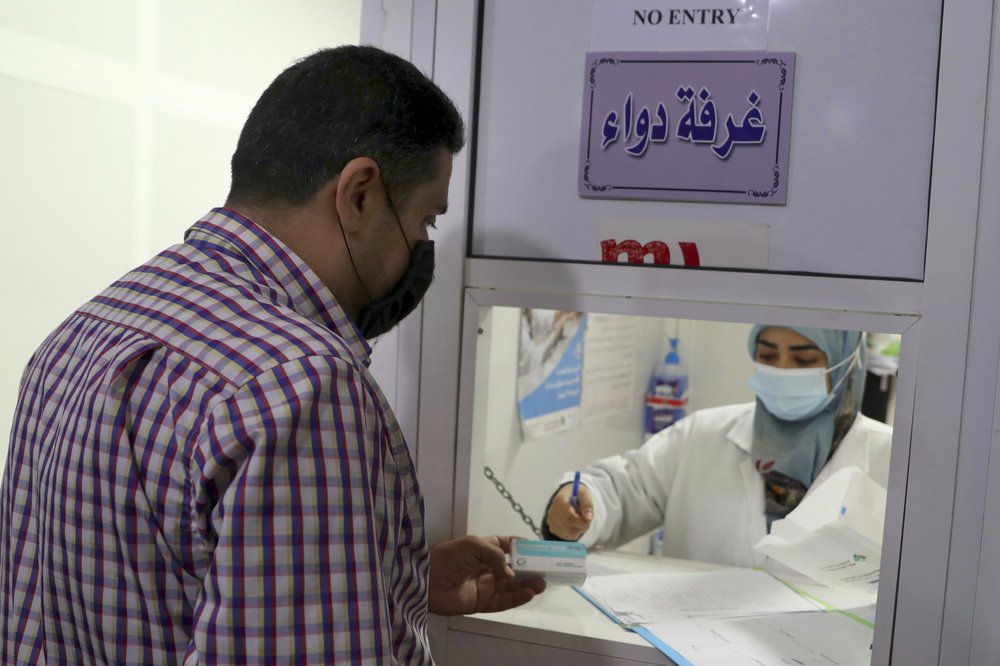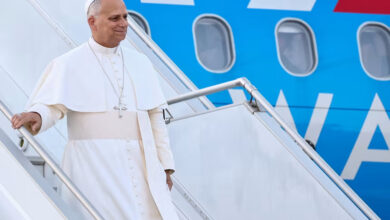
BEIRUT (AP) — Lebanese police on Saturday patrolled the streets of the capital Beirut, ordering shops to close as the country began a two-week lockdown to limit the spread of the coronavirus that has killed dozens of people over the past days in the small Mediterranean country.
The number of cases increased sharply in recent weeks around Lebanon straining the country’s medical sector where intensive care units are almost full.
The lockdown comes as Lebanon is passing through its worst economic and financial crisis in decades, leading to criticism of the closure by business owners who cannot afford the loss of revenue. Over the past year, the local currency shed 80% of its value and tens of thousands lost their jobs in a population of some 5 million that has one of the highest debt ratios in the world.
A nighttime curfew has been extended during the lockdown lasting from sunset to sunrise while driving will be completely banned around the country on Sundays. Vehicles with odd and even number plates will be allowed to drive three days a week each to limit traffic.
In Beirut’s commercial Hamra street, most shops were closed except for those allowed to remain open such as groceries, pharmacies and bakeries. Other businesses that violated the closure were ordered to close down by police patrols.
Also on the streets were police checkpoints that fined vehicles that violated the odd or even number plates car bans.
“Despite all its disadvantages, a short lockdown can help slow the spread of the virus,” tweeted Firass Abiad, director general of Rafik Hariri University Hospital, the public hospital leading the coronavirus fight.
“A little discomfort now can save much sorrow later,” Abiad said.
The latest lockdown is the second in Lebanon after it imposed closures and limits on public gatherings during the early days of the virus.
Lebanon has registered 102,607 cases and 796 deaths since the first case was reported in late February. On Friday, Lebanon recorded 21 deaths over 24 hours, making it one of the highest daily death tolls for the country.
The virus case numbers began rising quickly following a massive Aug. 4 blast at Beirut’s port that killed and wounded many and caused damage worth billions of dollars across the city. The situation worsened over the next weeks as many people did not abide by social distancing or wear masks.
The World Health Organization says 1,560 Lebanese health workers have tested positive since February.
Image: Photo: Hassan Taha, who suffers from a heart condition, receives medication from a pharmacist at the Amel Association, a Lebanese humanitarian group, in Dahiyeh, a southern suburb of Beirut, Lebanon, Tuesday, November 3, 2020. Lebanese have been forced to search far and wide for their prescriptions after many medications vanished from pharmacies. It’s the latest chapter in their country’s financial breakdown. (AP Photo/Bilal Hussein)



